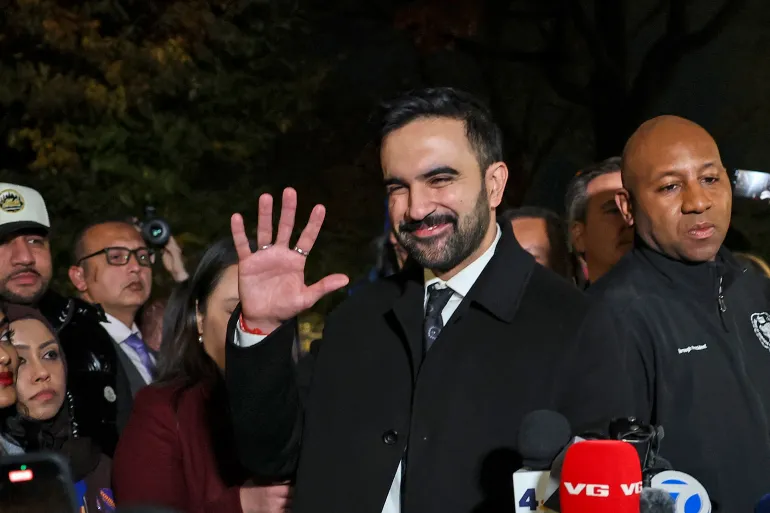In a surprising turn of events, RFR Holding LLC, a prominent real estate development firm, has fallen 90 days behind on its mortgage payments for the Union Square Tower, a significant commercial property in New York City. This development raises questions about the future of the property and the broader implications for the real estate market.
The Background
Union Square Tower, located in one of the most vibrant neighborhoods in Manhattan, has long been a strategic asset for RFR. Known for its prime location and potential for high rental yields, the tower has been a hallmark of the firm’s portfolio. RFR has gained a reputation for transforming commercial spaces and has previously managed to navigate challenging market conditions with relative ease.
However, the economic challenges posed by the COVID-19 pandemic, combined with rising interest rates and a shift in remote working habits, have put significant strain on commercial real estate. RFR’s inability to keep up with mortgage payments on this key asset now brings to light the vulnerabilities within the commercial real estate sector.
Implications of the Default
Falling 90 days behind on mortgage payments is a serious situation that suggests deeper financial issues. Here’s what it could mean:
- Potential For Foreclosure: If RFR does not remedy the situation soon, the lender could initiate foreclosure proceedings, which would lead to a loss of control over the property. This is an outcome that no developer wishes to face, especially for a property of such significance.
- Impact on Tenants: For businesses operating within Union Square Tower, the uncertainty surrounding ownership and management could lead to instability. Tenants may reconsider their leases or relocate, which could further exacerbate financial troubles for RFR.
- Market Signals: This default may serve as a bellwether for the commercial real estate market in New York City, indicating that even established firms are feeling the pressure. It could influence lenders’ willingness to finance new projects or refinance existing loans, potentially slowing down the recovery of the market.
- Reputation and Future Projects: RFR’s reputation hangs in the balance. A default could impact investor confidence in the firm, affecting its ability to secure funding for future developments. This situation requires careful navigation, as developer credibility is crucial in the competitive real estate landscape.
Conclusion
RFR’s 90-day delinquency on the Union Square Tower mortgage serves as a reminder of the complexities and challenges facing the commercial real estate industry. As the economic landscape continues to evolve, stakeholders will be watching closely to see how RFR addresses this issue and what it means for the broader market.
For now, real estate professionals, tenants, and investors will be keeping a close eye on developments, hoping for a resolution that can revive the fortunes of one of Manhattan’s notable properties. Will RFR be able to turn things around, or will this default signal a more significant trend in the commercial real estate sector? Only time will tell.




